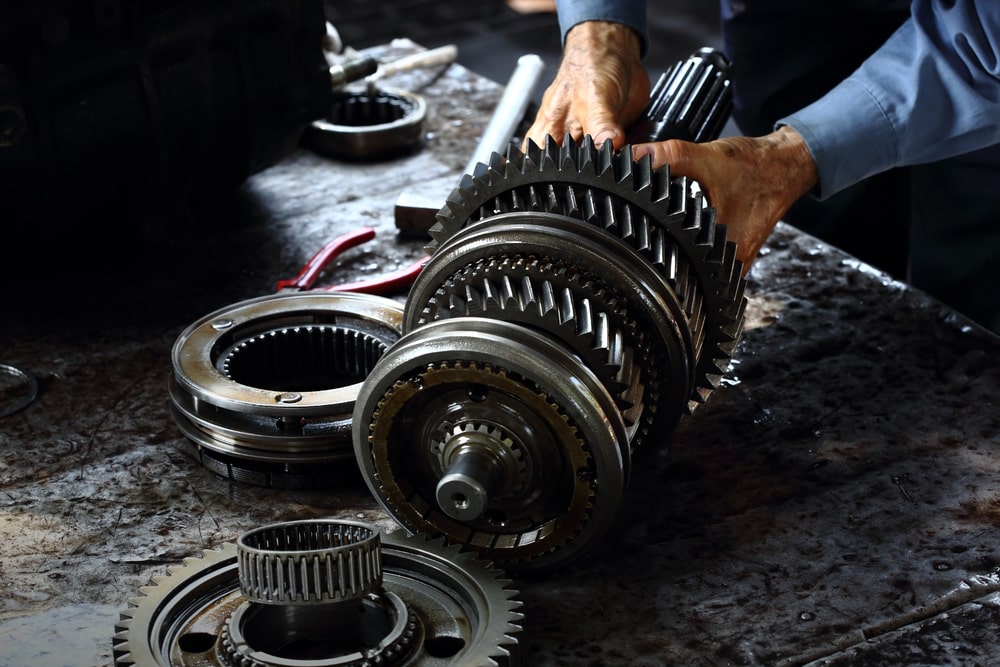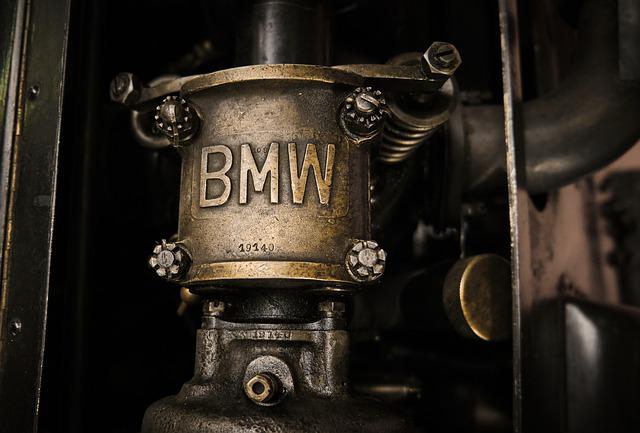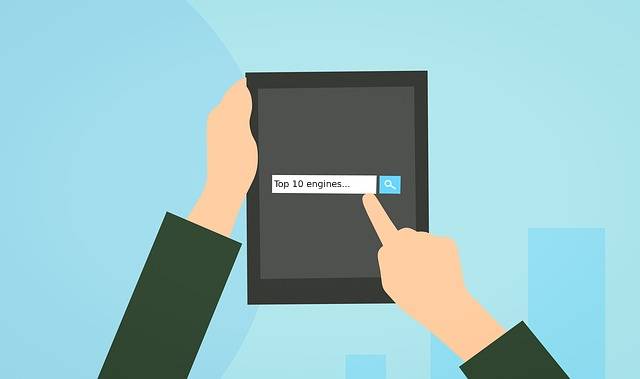Brake Maintenance and Inspection: The Complete Guide
Find Used Engines and Transmissions for a Great Price! Live Assistant For Used Engines Call 1800-518-9776

When it comes to vehicle safety, there is no component more crucial than your car engine braking system. Your brakes are responsible for bringing your car to a halt and ensuring control during critical moments on the road. To guarantee reliable performance and protect yourself and others, regular brake maintenance and inspections are of paramount importance.
In this article, we will explore the significance of prioritising brake care, the signs that warrant attention, and essential tips for maintaining your braking system in optimal condition. So, let's dive into the world of brake maintenance and inspection and learn how to keep our brakes in top-notch shape for safer journeys ahead.
Importance of regular brake maintenance:
-
Ensures Safety: Your vehicle's braking system is critical for your safety and that of your passengers and others on the road. Regular inspections help identify potential brake issues early on, reducing the risk of brake failure and accidents.
-
Prevents Costly Repairs: Early detection of brake problems can prevent minor issues from escalating into major, costly repairs. Addressing brake wear or damage promptly can save you from expensive brake system repairs down the line.
-
Prolongs Brake Life: Regular inspections allow for timely replacement of worn brake components, such as brake pads and rotors, which helps extend the lifespan of your braking system.
-
Maintains Brake Performance: Well-maintained brakes provide consistent and responsive stopping power, allowing you to have better control over your vehicle and respond quickly to emergency situations.
-
Improves Fuel Efficiency: Properly functioning brakes reduce unnecessary drag, improving fuel efficiency and saving you money at the gas pump.
-
Reduces Environmental Impact: Well-maintained brakes produce less brake dust. This brake dust can be harmful to the environment. Thus, by minimising brake dust emissions, regular brake maintenance promotes eco-friendliness.
-
Complies with Manufacturer's Recommendations: Following the manufacturer's recommended brake maintenance schedule helps keep your vehicle in optimal condition and may even preserve warranty coverage.
-
Peace of Mind: Knowing that your brakes have been professionally inspected and are in good working condition provides peace of mind during your daily travels.
-
Adjusts Driving Habits: If any brake issues are detected during the inspection, you can be informed about driving habits that may be contributing to brake wear, such as excessive braking or driving in harsh conditions.
-
Legal Compliance: Regular brake maintenance helps ensure your vehicle meets safety standards and legal requirements, avoiding potential penalties or fines.
How often should you get your brakes inspected?
Each time you go to have your tires rotated, which is generally recommended every 6 months, it's a good idea to get your brakes checked as well. Regular brake maintenance is crucial to ensure your safety on the road and to prevent potential brake issues from escalating into costly repairs.
The frequency of brake checks may vary depending on your driving habits and conditions. If you often find yourself driving in heavy traffic or hilly terrain, you may need more frequent brake inspections. Stop-and-go driving in traffic and braking frequently on steep slopes can accelerate brake pad wear and put extra stress on the braking system.
Signs your brakes need more attention:
There are several signs that you need to lookout for that indicate that your brakes need maintenance:
-
Squealing or Grinding Noise: High-pitched sounds when braking may indicate worn brake pads (squealing) or metal-to-metal contact (grinding).
-
Vibrations or Pulsations: Brake pedal or steering wheel vibrations suggest warped brake rotors, affecting braking efficiency.
-
Longer Stopping Distance: Difficulty in coming to a stop can signal worn brake pads or potential brake system issues.
-
Dashboard Warning Lights: Illumination of brake warning lights indicates low brake fluid levels or brake pad wear, requiring immediate attention.
-
Burning Smell: A burning or chemical smell after braking indicates overheating brake components, potentially leading to brake fade.
-
Visible Brake Pad Wear: If brake pads appear less than 1/4 inch thick, they may need replacement.
-
Leaking Brake Fluid: Brake fluid leakage around wheels or under the vehicle can affect brake performance and safety.
12 Brake Maintenance and Inspection Tips:
1. Listen for Unusual Noises
Pay attention to any squealing, grinding, or scraping noises when applying the brakes. Unusual sounds may indicate the need for brake maintenance and worn brake pads or other brake system issues that need attention.
2. Check Brake Fluid Levels
Regularly inspect the brake fluid reservoir to ensure it is at the recommended level. Low brake fluid can indicate the need for brake maintenance and a leak or worn brake pads.
3. Monitor Brake Pedal Feel
Note the brake pedal's responsiveness and feel. A spongy or soft brake pedal may signal the need for brake maintenance, air in the brake lines, or a potential brake fluid leak.
4. Look for Visual Signs
Visually inspect your brake pads through the wheel spokes. If the pads appear thin (less than 1/4 inch), it's time for brake maintenance and replacement.
5. Check Brake Rotors
Inspect the brake rotors for signs of wear, scoring, or grooves on the surface. Damaged rotors may require brake maintenance, resurfacing, or replacement.
6. Observe Vehicle Pulling
If your vehicle pulls to one side when braking, it could indicate uneven brake pad wear or a stuck brake calliper.
7. Feel for Vibrations
Brake pedal or steering wheel vibrations when braking may suggest the need for brake maintenance, warped brake rotors, affecting braking performance.
8. Watch for Dashboard Warning Lights
Pay attention to any brake-related warning lights on your dashboard. Illumination may indicate low brake fluid or brake pad wear.
9. Avoid Overloading
Avoid overloading your vehicle beyond its recommended capacity, as this can put extra stress on the braking system and necessitate brake maintenance.
10. Practise Smooth Braking
Brake smoothly and avoid abrupt stops whenever possible. Gentle braking reduces stress on the brake components and promotes their longevity, minimising the need for brake maintenance.
11. Schedule Professional Inspections
Even if you perform DIY inspections, it's essential to schedule regular professional brake inspections and maintenance with a qualified mechanic. They can perform a comprehensive check, identify potential issues, and provide expert recommendations for brake maintenance.
12. Follow the Manufacturer's Maintenance Schedule
Adhere to your vehicle manufacturer's recommended brake maintenance schedule. Regular inspections and maintenance will help ensure your brakes remain in optimal condition and perform reliably, keeping you safe on every journey.
Conclusion
Taking care of your vehicle's braking system through regular maintenance and inspections is not just a responsibility but a fundamental commitment to your safety and that of everyone on the road. By heeding the warning signs, staying vigilant, and following the recommended maintenance schedule, you can ensure your brakes perform reliably when it matters most. A well-maintained braking system grants you the confidence to navigate any road conditions and respond swiftly to potential hazards, giving you peace of mind during every journey.
related
You May Also Like

Which BMW Has the Most Horsepower?
A car is useless if it doesn’t have good horsepower. Just imagine driving your car with sluggish acceleration and it drags on the road whenever you take it for a spin.
Read Article
10 Best Engines Made So Far By Top Engine Manufacturers
Over the years, the car industry has seen major changes. Car engines have become smarter and it looks like every new engine that rolls out is better than the other.
Read Article
How to Make Your Car Last Forever?
Isn’t it lovely when a new car works the way you want? The gears shift smoothly and the wheels roll without dragging against the road. But as your car gets older, you’ll notice that it doesn’t drive smoothly, has lower fuel mileage, and overheats easily.
Read Article